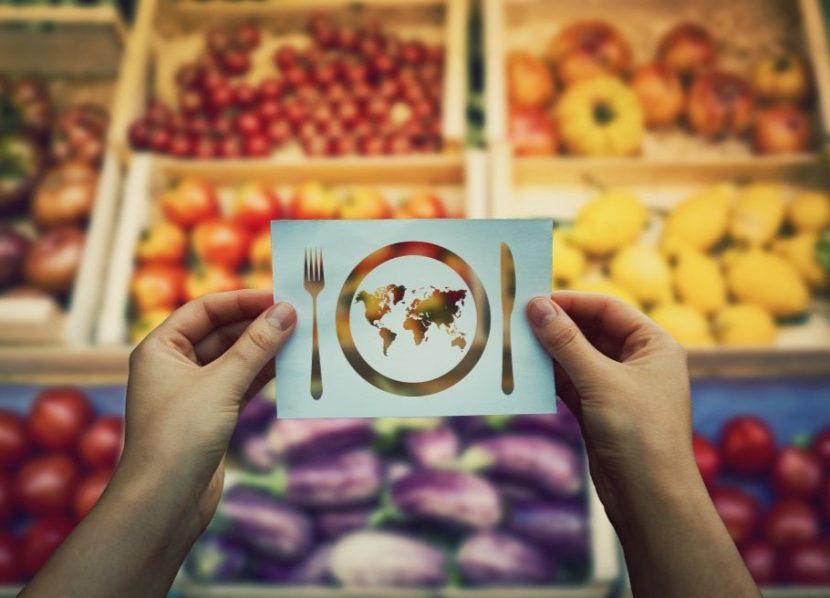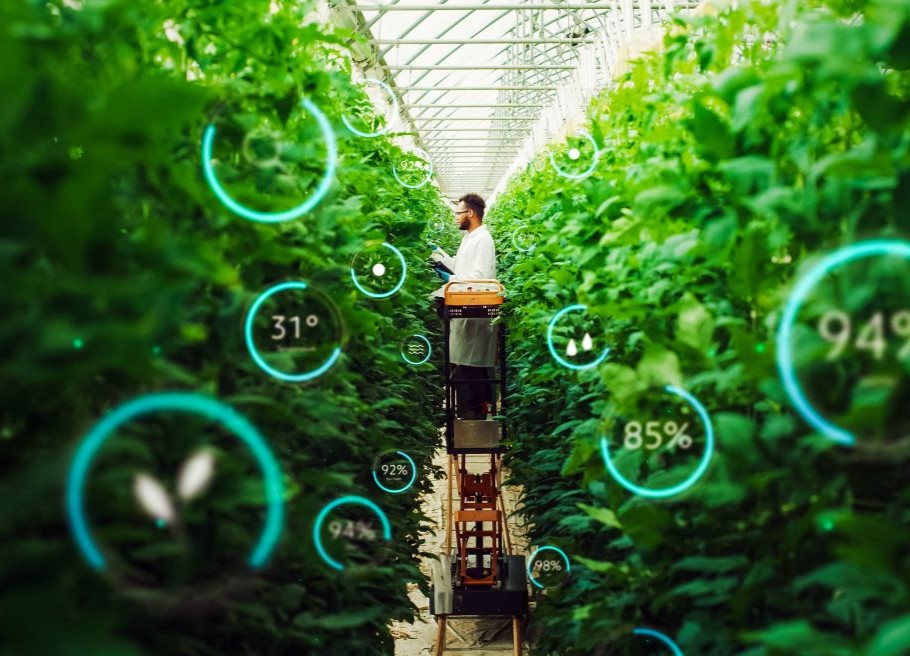How Technology and Global Cooperation Can Reshape Food Systems
By Yves Rey
The food industry is navigating an era of unprecedented disruption, shaped by global pandemics, political conflict, rising protectionism, and the intensifying impacts of climate change.
Since global food trade is an integral part of the food system, these geopolitical issues can jeopardize the global supply balance and have negative repercussions on the availability, quality, and safety of food ingredients.
As a result, the food industry struggles to supply ingredients that meet its specifications, impacting finished product costs and company profitability and generating a degree of food inflation, consequently impacting consumers at the end of the food chain.
In addition to this tough contextual environment, the food industry has realized it needs to reinvent itself to face up to:
- The new healthy, ethical, sustainable food revolution that has broken out. Today’s consumers are becoming intensely concerned about the relationship between their diets, their health, and the planet. Highly connected, consumers are increasingly empowered by technology.
- The new regulatory constraints. For governments, the increase in medical expenses related to foodborne disease and the negative impacts of the food industry on the climate have resulted in tighter regulations.
The technology available today can break both traditional models and common wisdom, accelerating innovation and ensuring that new products meet high consumer standards.
All these factors – geopolitical and global warming issues, new consumer expectations, and stricter regulations – put the food industry under enormous pressure. The previous models have become invalid in this changing world, and there are rich rewards for those who can manage stakeholders’ varied expectations.
To transform the food industry and reshape food system interactions, encouraging food innovation, and promoting sustainable food choices – all while complying with new stricter food regulations – scientific and technological innovation and collaboration between stakeholders are the two key elements that can play a decisive role in meeting these new challenges.
Food industry innovation
The common wisdom in project work is that you have two choices between three options: a project can be good, fast, or cheap. It can never be all three. The technology available today can break both traditional models and common wisdom.
Generative AI algorithms can analyze a multitude of product attributes, such as ingredients, packaging, and consumer preferences. By considering millions of possible combinations, AI can optimize these attributes for taste, texture, and appeal. This process accelerates innovation and ensures that new products meet high consumer standards.
Generative AI can also be used to reformulate existing products to meet changing consumer preferences, such as the demand for healthier options. AI can adjust recipes without compromising taste or quality by analyzing consumer feedback and ingredient interactions.
For example, Generative AI has dramatically shortened PepsiCo’s product development cycle.
“Generative AI allows us to optimize product attributes in a way that was previously unimaginable,” said PepsiCo’s Chief Strategy and Transformation Office, Athina Kanioura, in a recent report.
Traditionally, creating a new product could take six to nine months, sometimes over a year. By leveraging generative AI, PepsiCo reduced this timeframe to as little as six weeks.
Technological alliances
Collaboration in the 21st century demands impeccable risk assessment and control throughout the product lifecycle, from design to consumption, including sourcing and manufacturing procedures, scientific tests on ingredients and finished products, and the consultation and support of international experts. A web-based food safety and quality data management solution could be adapted to meet partners’ requirements, enabling them to better anticipate and manage specific or unexpected food safety situations.
For example, Danone and Mérieux NutriSciences have joined forces to adapt Mérieux NutriSciences’ data management solution to Danone’s needs. By sharing big data, the goal is to predict risk and improve food safety management.
Emmanuel Faber, former Chief Executive Officer of Danone, said about the project: “In such fast-changing fields, we are keen to benefit from strong partnerships with top external experts wherever we operate.”
Collaboration across borders
The return to protectionism that recreates non-tariff trade barriers can threaten the free movement of goods and fluidity of global trade.
How can we resolve interdependent global food challenges in this fragmented world?
In his speeches, Frank Yannis, former Deputy Commissioner for Food Policy and Response at the FDA, emphasizes that “alone we can do so little, together we can do so much,” and he stresses the need to strengthen food safety through better collaboration between multiple stakeholders, private, public and academic organizations.
Providing sufficient, safe food to all must remain a shared risk and is a shared responsibility for all actors in the food system, regardless of the geopolitical context.
In this global economy, despite the geopolitical issues, it’s critical to ensure that food safety is managed globally and in a harmonized way without borders.
The role of GFSI
Despite untoward winds, the Global Food Safety Initiative (GFSI) doesn’t change course. It continues to collaborate across borders and barriers. By focusing its works on benchmarking and harmonization, capability building, innovations, and public-private partnership, GFSI is playing an instrumental role in pursuing its goal despite geopolitical crisis and the disruption in food supply chains.
By communicating best practices for food safety compliance, GFSI also plays a key role in raising the bar for food companies worldwide.
About the Author
Yves Rey has had a distinguished career focusing on food safety, quality, and supply chain management. As the former Global Quality and Food Safety Officer at Danone, he played a crucial role in enhancing food safety and quality standards across the company’s international operations. Rey continues to influence the food sector through his leadership and active participation in various professional organizations.

-
 FeaturedRisk management
The Cost of a Breach: What a Cyberattack Could Mean for Food Safety Recalls
FeaturedRisk management
The Cost of a Breach: What a Cyberattack Could Mean for Food Safety Recalls
-
 FeaturedRisk management
Securing the Food Chain: How ISO/IEC 27001 Strengthens Cybersecurity
FeaturedRisk management
Securing the Food Chain: How ISO/IEC 27001 Strengthens Cybersecurity
-
 FeaturedRisk management
Revolutionizing Food Safety Training: Breaking Out of the “Check-the-Box” Mentality
FeaturedRisk management
Revolutionizing Food Safety Training: Breaking Out of the “Check-the-Box” Mentality
-
 GFSI Standards
GFSI 2025: Building Trust, Tech-Forward Solutions, and Global Unity in Food Safety
GFSI Standards
GFSI 2025: Building Trust, Tech-Forward Solutions, and Global Unity in Food Safety
-
 FeaturedFood Safety
Integrated Pest Management: Strategies to Protect Your Brand’s Reputation
FeaturedFood Safety
Integrated Pest Management: Strategies to Protect Your Brand’s Reputation
-
 FeaturedFood Safety Culture & Training
No Open Door Policy: Challenges That Impact Pest Control in Food Processing Plants
FeaturedFood Safety Culture & Training
No Open Door Policy: Challenges That Impact Pest Control in Food Processing Plants




